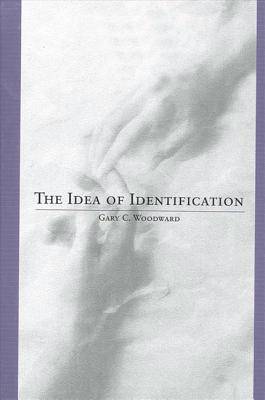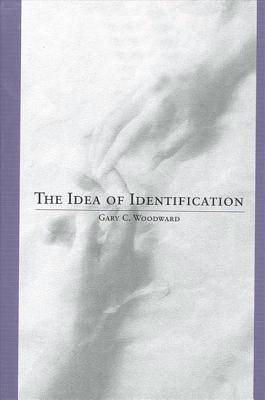
Door een staking bij bpost kan je online bestelling op dit moment iets langer onderweg zijn dan voorzien. Dringend iets nodig? Onze winkels ontvangen jou met open armen!
- Afhalen na 1 uur in een winkel met voorraad
- Gratis thuislevering in België vanaf € 30
- Ruim aanbod met 7 miljoen producten
Door een staking bij bpost kan je online bestelling op dit moment iets langer onderweg zijn dan voorzien. Dringend iets nodig? Onze winkels ontvangen jou met open armen!
- Afhalen na 1 uur in een winkel met voorraad
- Gratis thuislevering in België vanaf € 30
- Ruim aanbod met 7 miljoen producten
Zoeken
Omschrijving
Illustrated with interesting examples drawn from politics and art, The Idea of Identification draws on classical social and rhetorical theories to establish a systematic framework for understanding the varieties and forms of identification. Woodward references a variety of contexts in contemporary life to explore the rhetorical conditions that create powerful and captivating moments. By invoking the influential ideas of Kenneth Burke, George Herbert Mead, Joshua Meyrowitz and others, he shows how the rhetorical process of identification is separate from psychological theories of identity construction. Woodward concludes with an argument that film theory has perhaps offered the most vivid descriptive categories for understanding the bonds of identification.
Specificaties
Betrokkenen
- Auteur(s):
- Uitgeverij:
Inhoud
- Aantal bladzijden:
- 183
- Taal:
- Engels
- Reeks:
Eigenschappen
- Productcode (EAN):
- 9780791458198
- Verschijningsdatum:
- 8/05/2003
- Uitvoering:
- Hardcover
- Formaat:
- Genaaid
- Afmetingen:
- 163 mm x 230 mm
- Gewicht:
- 467 g

Alleen bij Standaard Boekhandel
+ 302 punten op je klantenkaart van Standaard Boekhandel
Beoordelingen
We publiceren alleen reviews die voldoen aan de voorwaarden voor reviews. Bekijk onze voorwaarden voor reviews.











